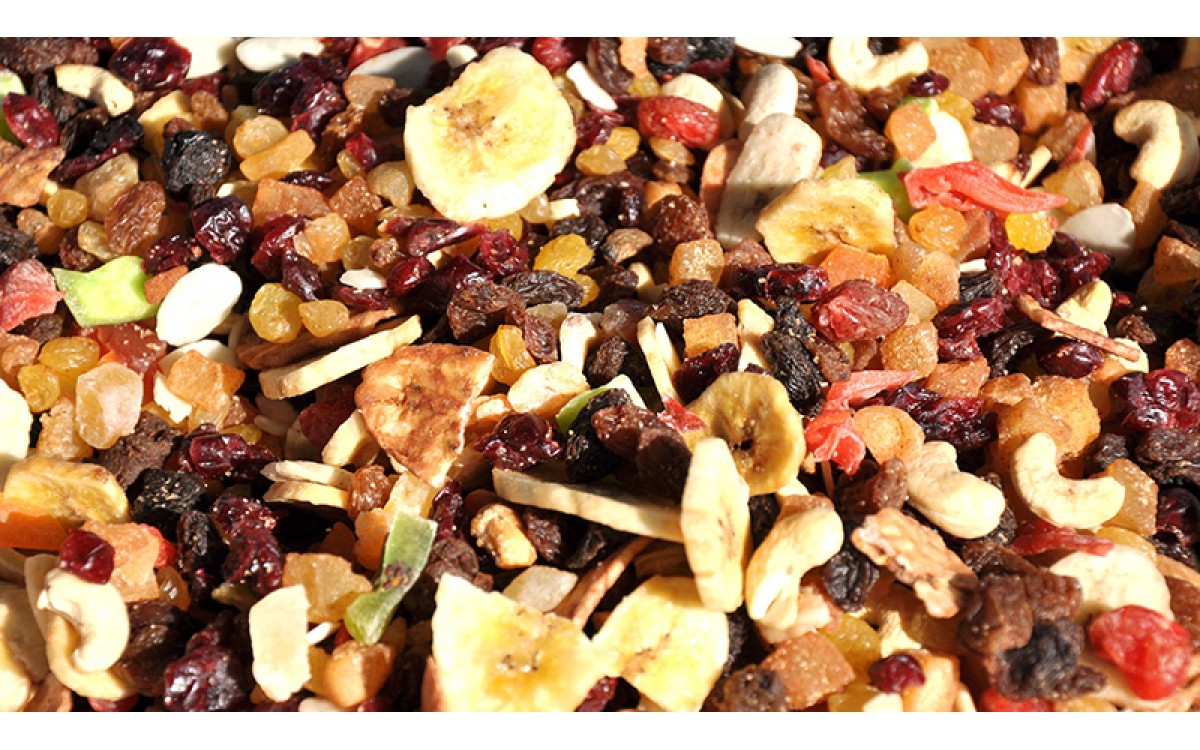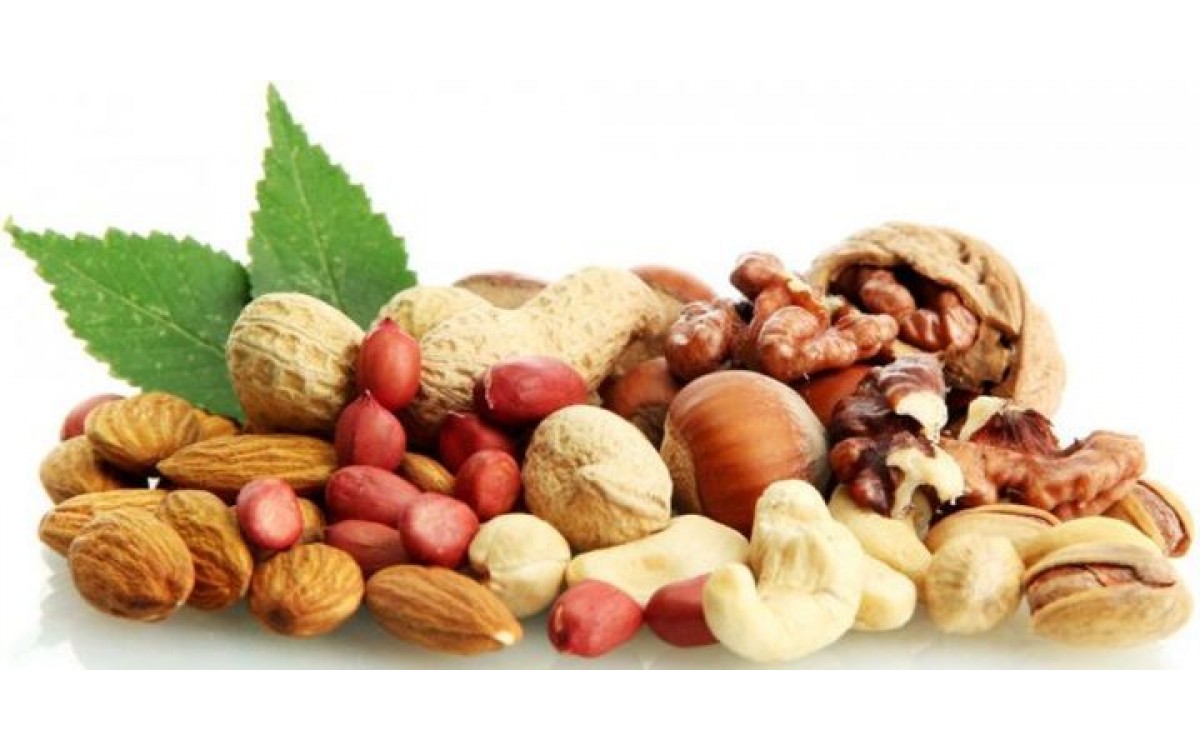Στο πρώτο άρθρο του blog μας, θα ασχοληθούμε με τη μαύρη σταφίδα και τα τεράστια προβλήματα που αντιμετωπίζει η παραγωγή της τη φετινή χρονιά. Σε πρώτη φάση, αξίζει να σημειώσουμε την υψηλή διατροφική της αξία. Πλούσια σε φρουκτόζη, κάλιο, μαγνήσιο, σίδηρο και βιταμίνη C. Πιο συγκεκριμένα, η φρουκτόζη, με τον υψηλό γλυκαιμικό δείκτη είναι υπεύθυνη για τη γλυκιά της γεύση ενώ το κάλιο και το μαγνήσιο συμβάλλουν στη μείωση της κατακράτησης υγρών. Ο σίδηρος βοηθά στην αντιμετώπιση της σιδηροπενικής αναιμίας ενώ η απορρόφησή του οφείλεται στη βιταμίνη C η οποία είναι γνωστή για τις επανορθωτικές ιδιότητες στη γήρανση της επιδερμίδας, λόγω του ότι ενισχύει την παραγωγή κολλαγόνου και ελαστίνης.
Κατά το 19ο αιώνα η μαύρη σταφίδα αποτελούσε το 90% των εξαγωγών της Ελλάδας στην Ευρώπη. Καταλαβαίνουμε, λοιπόν, για ποιο λόγο ο οικονομολόγος Ξενοφών Ζολώτας είχε δηλώσει ότι η μαύρη σταφίδα για την Ελλάδα είναι «ό,τι και ο καφές για τη Βραζιλία». Στο σημείο αυτό, ας δούμε για ποιο λόγο ο «μαύρος χρυσός» των τροφίμων διάγει αυτήν τη δύσκολη περίοδο. Χαρακτηριστικά θα χρησιμοποιήσουμε την περίπτωση της μαύρης σταφίδας στη Ζάκυνθο. Οι συνέπειες των έντονων βροχοπτώσεων που έπληξαν το νησί το καλοκαίρι ήταν καταστροφικές. Η συνεχής παρουσία υγρασίας κατέστησε εύθραυστο το φλοιό τους, ο οποίος σκίστηκε με συνέπεια την υποβάθμιση του προϊόντος. Η δυνατή βροχή βρήκε τον καρπό σε πρώιμο στάδιο γεγονός που οδήγησε αναπόφευκτα στην καταστροφή πολλών εκτάσεων σταφίδας. Φυσικό επακόλουθο των παραπάνω ήταν η μικρότερη παραγωγή σε σχέση με τα προηγούμενα χρόνια και η ραγδαία αύξηση της τιμής της.
Παρ' όλα αυτά η βιοτεχνία ξηρών καρπών «EVI NUTS» διαθέτει επαρκή ποσότητα υψηλής ποιότητας μαύρης σταφίδας στην καλύτερη δυνατή τιμή.







